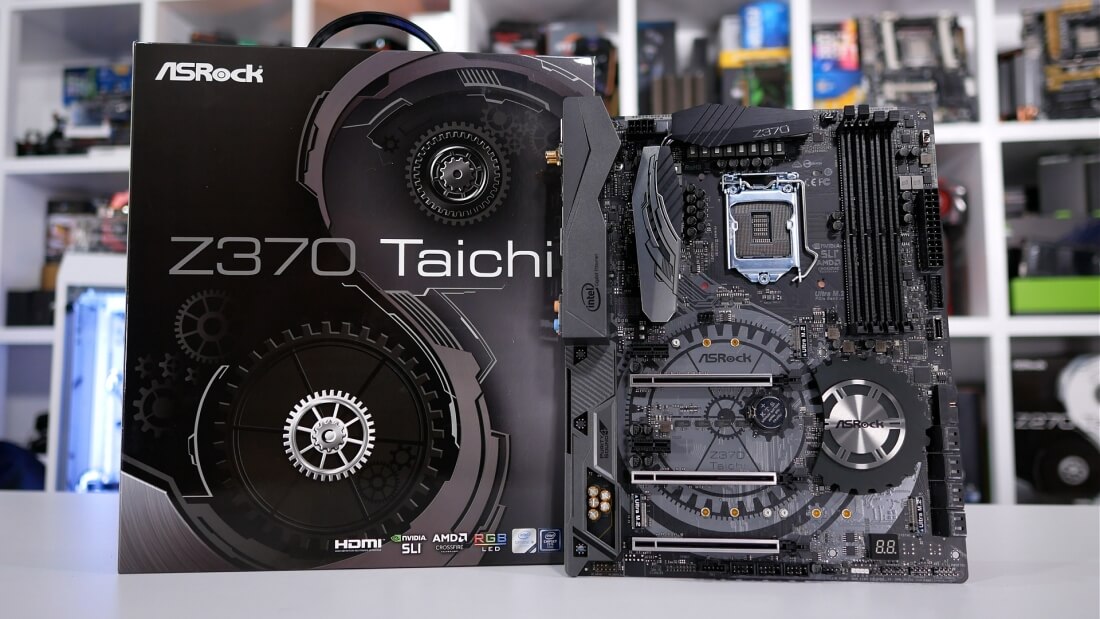But lots of games have internal framecap because of engine/resource transportation/multi-threading/whatsoever. Also all games in review are gpu-dependent. If u want a fair review, pick CS:GO. 1600*900 resolution, all graphics to very low or off, enable only multicore rendering. You will be suprised as your 1080ti working at 8% load and everything is about your processor.
Ok let's see how this new 8700k is doing comparing to old ones. They are pretty equal in bunch of games. So should I upgrade from i5-4670? No, as I see in conclusion, there is a 'k' version, but no big difference. If there is no point to upgrade for 8700k, there is also no point for upgrading to 7700k, and especially for i3-8350k. Then I decided to make some tests on my own.
PUBG QHD very low.
i7-7700k @ 4.6 ghz + 1080ti(2000/6000) - 115 fps
i3-8350k @ 4.5 ghz + 1070(1800/4000) - 112 fps
i5-4670 @ 3.8 ghz + 1080ti(2000/6000) - 108 fps (cpu loaded for 92%)
PUBG FHD very low.
i7-7700k @ 4.6 ghz + 1080ti(2000/6000) - 116 fps
i3-8350k @ 4.5 ghz + 1070(1800/4000) - 128 fps
i5-4670 @ 3.8 ghz + 1080ti(2000/6000) - 95 fps (cpu loaded for 66%)
So... Should I rely on FHD tests? Or is QHD tests are fair enough, is there a little chance that my 1080ti pushed bench results for i5 by herself in QHD? It's a crap-talk picking FHD tests and making conclusions "worth buy or not". If we rely on "most of steam users" with their win7, quad-core 3.2, 8 Gbs of ram and 960 gtx, we can for 10-15 years do tests for FHD and be happy with our PCs. No evolution for CPU, GPU, because "look, they all can do 210 frames on crappy 4yo engine, what a good day". My friend still have i7-2700k, because "look, I have 119 fps in DotA2 on FHD! i5-8600k? Naaah, not worth it"
